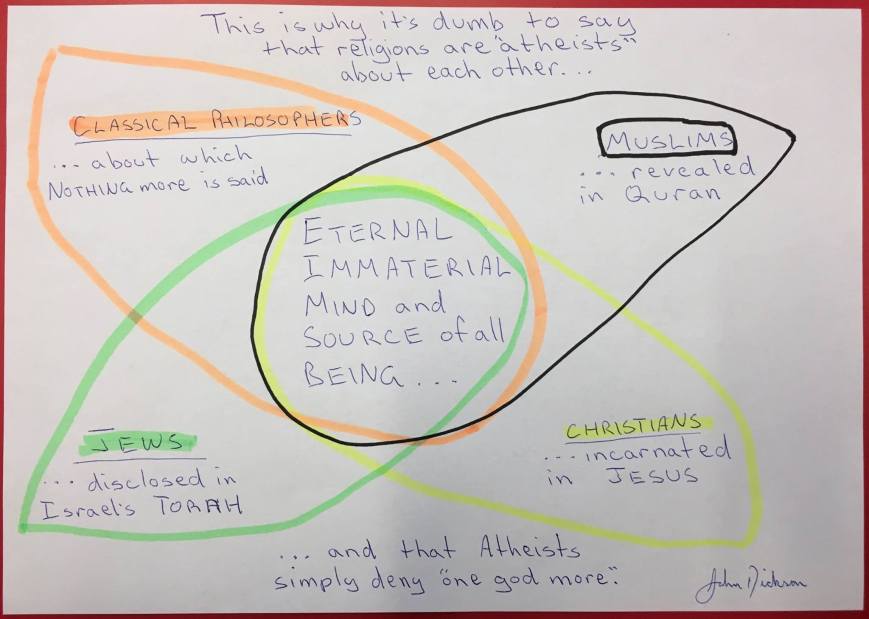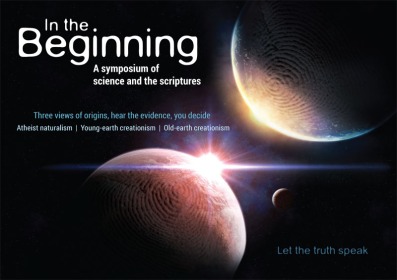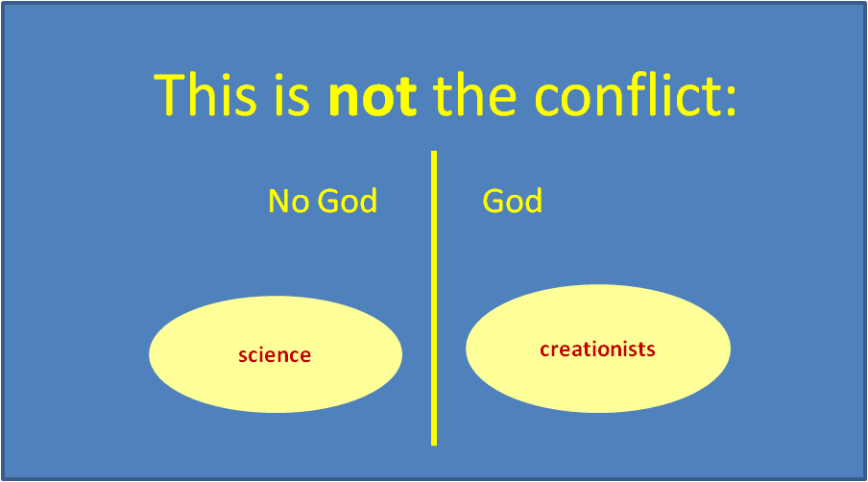Over at the Maverick Philosopher‘s blog, there’s a great new post inspired by Blaise Pascal. It’s short, so I’ve reproduced it in its entireity, go here for the original.
.
—————–
.
Blaise Pascal (1623-1662):
“Man’s greatness is so obvious that it can even be deduced from his wretchedness, for what is nature in animals is wretchedness in man, thus recognizing that, if his nature is today like that of the animals, he must have fallen from some better state which was once his own.” (Pensées, Penguin, p. 59, #117, tr. Krailsheimer)
“What is nature in animals is wretchedness in man.” That is a profound insight brilliantly expressed, although I don’t think anyone lacking a religious sensibility could receive it as such. The very notion of wretchedness is religious. If it resonates within you, you have a religious nature. If, and only if.
Man’s wretchedness is ‘structural’: man qua man is wretched. Wretched are not merely the sick, the unloved, and the destitute; all of us are wretched, even those of us who count as healthy and well off. Some of us are aware of this, our condition, the rest hide it from themselves by losing themselves in Pascalian divertissement, diversion. We are as if fallen from a higher state, our true and rightful state, into a lower one, and the sense of wretchedness is an indicator of our having fallen. Pascal writes that we “must have fallen from some better state.” That is not obvious. But the fact remains that we are in a dire state from which we need salvation, a salvation we are incapable of achieving by our own efforts, whether individual or collective.
How do we know that? From thousands of years of collective experience.




















